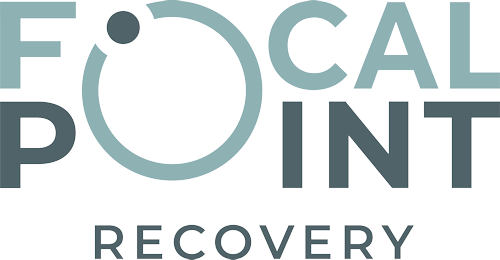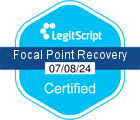Addiction and Recovery Resources
There’s plenty to be done about this problem, and it all starts with the individual. If you’re suffering from addiction, you’re not alone. There are many people out there (including those you haven’t met yet) who are eager to help and support you. Becoming free of addiction isn’t easy, but it’s certainly worth it. All of society benefits from people freeing themselves from the grip of addiction, and it’s never too late to make it your goal.
Addiction Statistics for the United States
However, the entire United States is enduring a crisis of addiction. The complications of the COVID-19 pandemic included a rethinking of how addiction could take hold in everyday life. Many people were forced to re-evaluate their substance use patterns and if they indeed had a healthy relationship with certain vices.
The 2022 National Survey on Drug Use and Health Data revealed these facts about the current landscape of drug use in America:
- 3% of people aged 12 years old and above reported having a substance use disorder in 2022. That’s a total of 48.7 million people! Within this group, 27.2 million people identified as having a drug abuse disorder and 29.5 million claimed an alcohol use disorder.
- Close to 60% or all people 12 years of age and older used an addictive substance, which includes alcohol, tobacco, or an illicit drug.
- Just under 25% of surveyed Americans (totalling 70.3 million people) used illicit drugs in 2022, with marijuana being the most popular at 61.9 million users.
This rate of addiction means that there are thousands to millions of people working to heal from substance abuse disorder within the United States. If you’re seeking to heal from an addiction, you’re not alone. There are many people out there struggling with the exact same troubles.
Addiction Treatment Options
When someone decides to become sober, it’s recommended that they set apart time to cleanse the addictive substances from their body. This goes beyond just going “cold turkey.” Detoxifying the body and enduring withdrawal symptoms can cause incredible discomfort. For substances such as alcohol, the body becomes so accustomed to the presence of the substance that withdrawal can cause bodily harm if not conducted properly. A formal detox program includes medical supervision and supportive medications to help ease withdrawals and prevent bodily harm.
This is what most people think of when they think about “going to rehab” as an addiction treatment option. Inpatient treatment requires that the individuals looking to heal from addiction stay at a treatment facility seven days a week. This includes sleeping in the facility at night and having meals at the same location. This allows the individual to fully step away from their life and focus on healing from their addiction without distractions.
There are numerous forms of outpatient rehabilitation available, each with different levels of immersion. Some can include staying at a treatment center a few days per week, but others are completely flexible in terms of timing. The level of treatment within this setting highly depends on the severity of a person’s addiction, the safety of their existing living situation, and if they have access to regular transportation. This option allows for people undergoing treatment for addiction to work away at their goals while not stepping away from their responsibilities and/or obligations.
If someone suffers from a mental illness, even if it is medicated and/or managed, this should inform their treatment plan for substance abuse. In the same SAMHSA study on substance abuse in 2022, the surveyors also discovered that 19.5% of surveyed Americans (about 4.8 million people) suffered from a mental illness. Some substances (such as marijuana) have direct counter-effects for some mental illnesses, which can drastically raise the danger level for addiction.
The approach for handling this lies in dual diagnosis, a holistic approach to addiction that involves learning how to manage addiction triggers while taking the mental illness in mind. It also takes into account the possibility that people may use addictive substances as self-medication for their mental illness.

